The Pixel 6 is getting its last Android version update. Is it time to upgrade?
Android 15 is here, and it's the last the Pixel 6 will ever get.
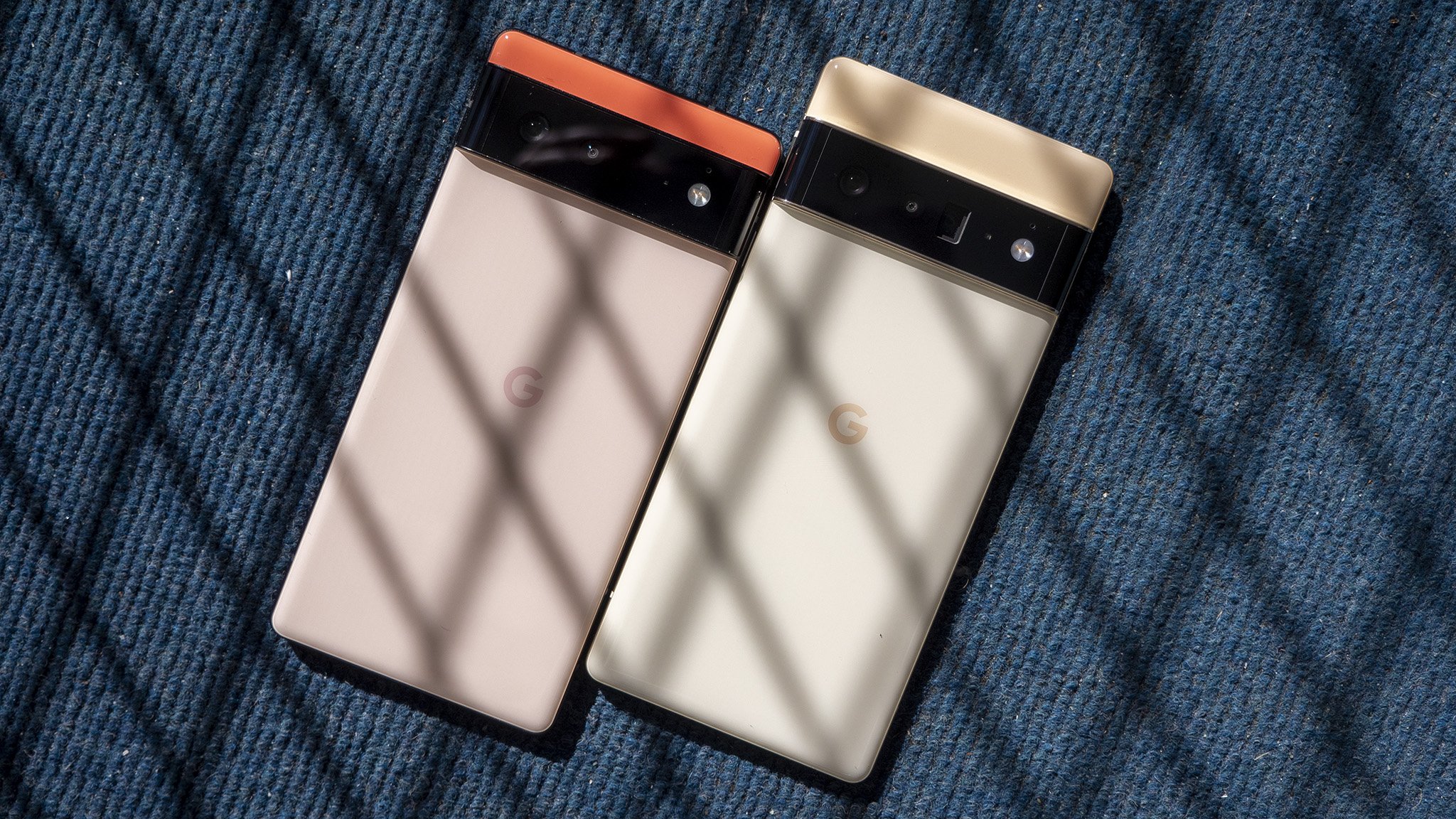
Aside from the launch of the original Google Pixel phone back in 2016, no other release was as important as the Google Pixel 6. It ushered in what became the defacto Pixel design language, launched Google's own Tensor processor line, and proved that Google could make a truly premium phone without the premium price.
It also marked the first time that Google promised five years of software updates, but that promise came with a catch: it only guaranteed three years of Android OS updates. While the phone will still see security updates for another two years, the release of Android 15 marks the final Android upgrade the phone will ever receive.
Which leads me to the question at hand: is it time to upgrade your aging Pixel 6 or Pixel 6 Pro? As a whole, I don't think so. You should wait for the Pixel 10, but there are a few scenarios where upgrading to a Pixel 9 might make sense.
Why you should upgrade from your Pixel 6
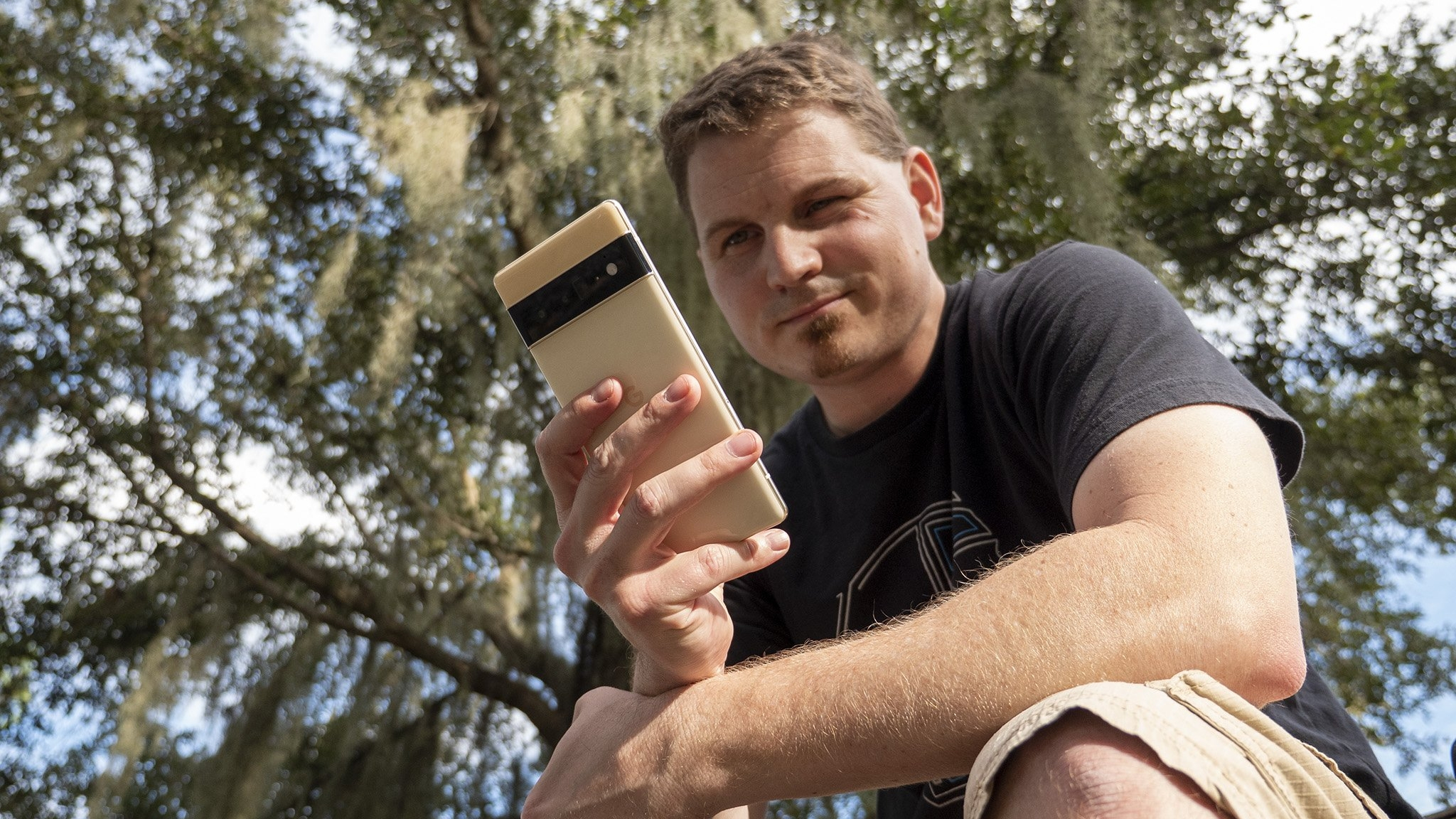
The Google Pixel 9 series just came out, and while the new, even more premium design certainly can be tempting, the real reason to upgrade to a Pixel 9 this year is the choice of size.
For the first time ever, Google is offering a smaller Pixel 9 Pro with the same hardware configuration as the Pixel 9 Pro XL. That means folks looking to keep the excellent zoom detail of their Pixel 6 Pro can upgrade to a Pixel 9 Pro series and have a choice between sizes without sacrificing one of the best parts of a high-end smartphone camera experience.
Since the Pixel 6, Google has flattened its phone displays and reduced the bezels, meaning that big, beautiful display can be easily covered with a tempered glass Pixel 9 screen protector. While I love the look and feel of curved glass, there's no denying it's much harder to protect than flat glass, especially when it's got a tempered glass layer on top.
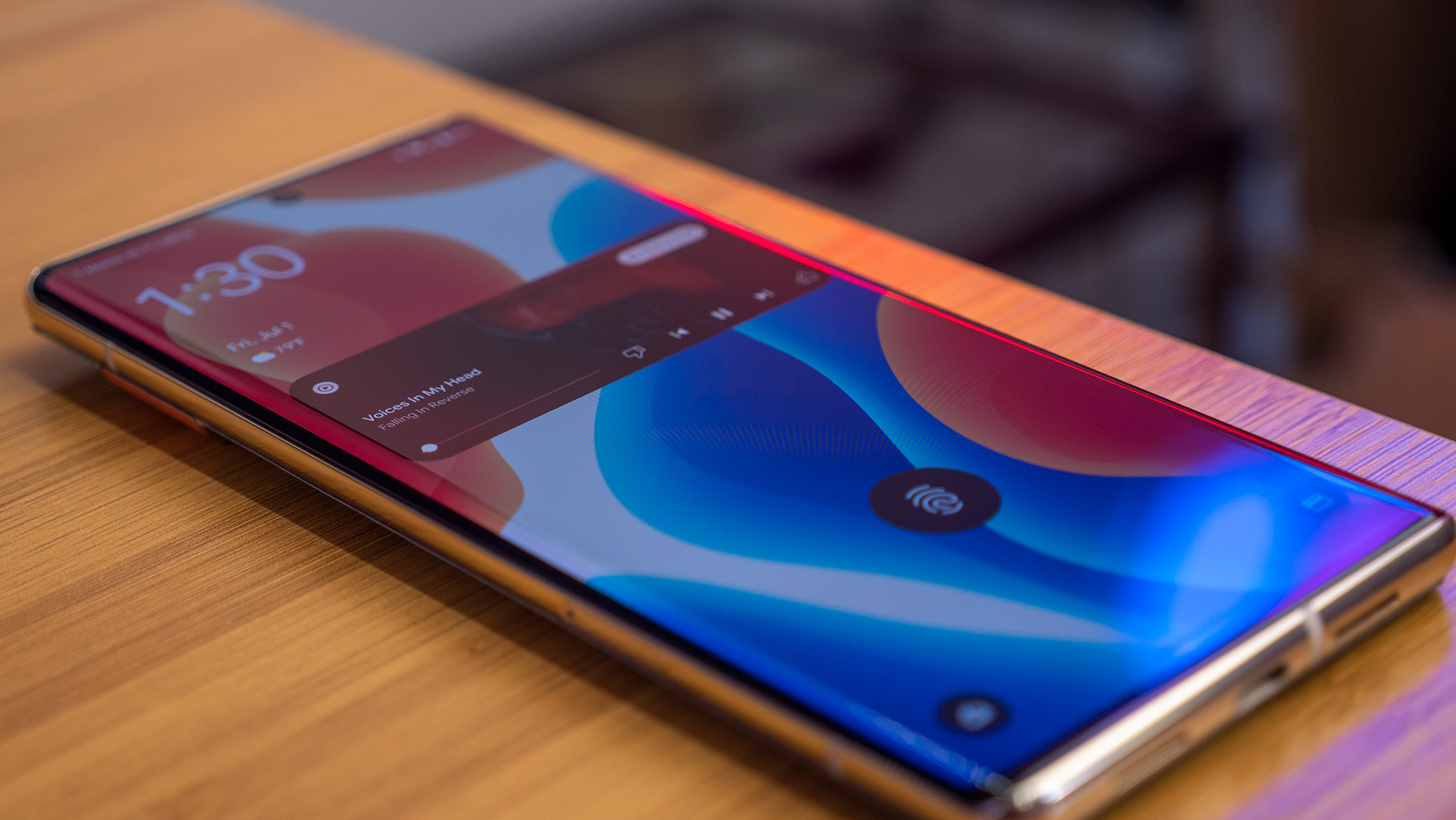
Google has also further improved its software update promise since the Pixel 6 and now offers seven years of promised operating system and security updates for the Pixel 8 and Pixel 9 series. That means if you want to hold on to your Pixel 9 even longer than you did with your Pixel 6, you'll still get the latest version of Android up until Android 21.
Be an expert in 5 minutes
Get the latest news from Android Central, your trusted companion in the world of Android
The Pixel 6's fingerprint scanner was always pretty awful, and while Google improved it with software updates, there's no denying it's one of the worst in-display fingerprint scanners since the Galaxy S10. The Pixel 8 and Pixel 9 both offer substantially improved fingerprint scanners, but each does it with a different technology.
For me, the Pixel 8 series has the best in-display fingerprint scanners of any Pixel phone on the market. It uses optical scanning technology, which means the display gets super bright underneath your finger so an optical sensor can read your print. The main complaint with this type of scanner is, of course, that blindingly bright light if you accidentally tap it in a dark room, but I find its accuracy is more than worth the trade-off. Most in-display fingerprint sensors use this type of technology.
The Pixel 9 series launched with an ultrasonic in-display fingerprint sensor, which many people prefer because it doesn't use light at all to read your fingerprint. Instead, an ultrasonic sensor uses high-frequency sound waves to read your fingerprint. But it doesn't work so well for everyone, and people like me find them to be frustrating to use as they regularly fail to read my fingerprints. So far, only a handful of companies have chosen ultrasonic including Samsung's Galaxy S24 series.
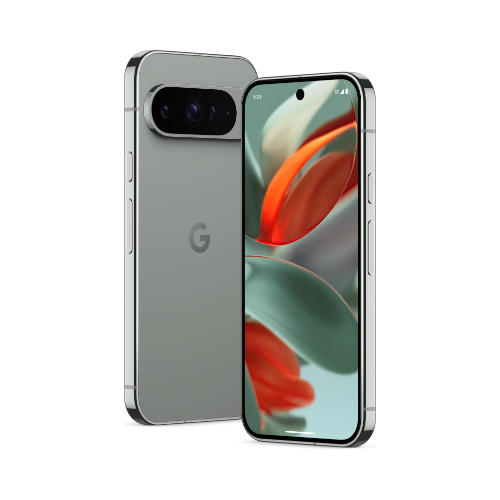
Get Pro features in a smaller size with the Google Pixel 9 Pro, the first fully-featured Pixel phone that's more comfortable to use with one hand. Plus, with seven years of software updates, you won't need to upgrade for a very long time.
Here's why you should wait to upgrade
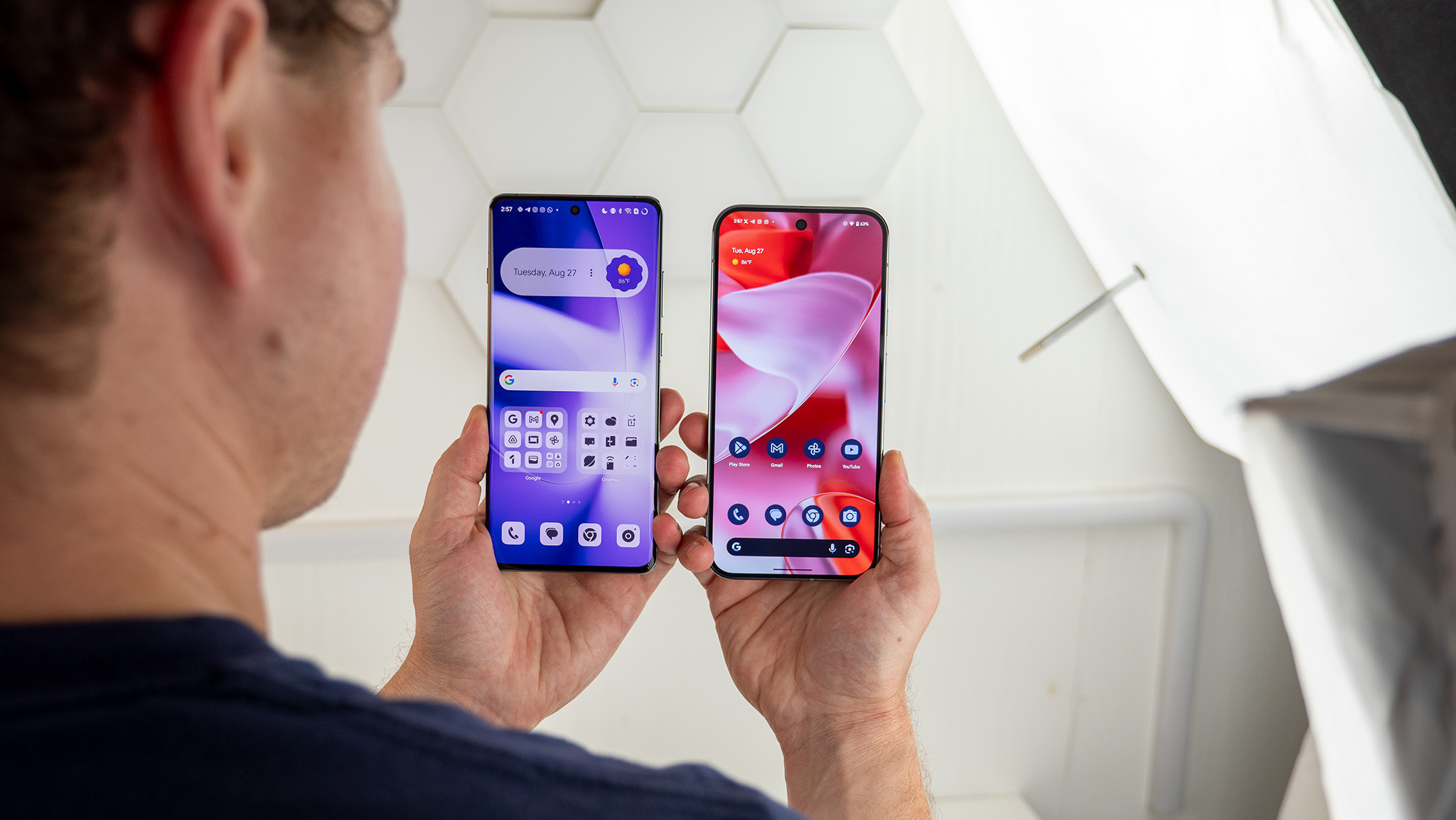
It's not too hard to find a handful of reasons to upgrade, but I think it's worth holding on to that Pixel 6 for one more year for one huge reason: Google Tensor G5. Before the Pixel 9 was launched, Android Central contributor Brady Snyder wrote about this very topic, as the Tensor G4 inside the Pixel 9 was rumored to be a pretty minimal upgrade over the Tensor G3 inside the Pixel 8.
It turned out that not only was he right, but Tensor G4 actually downgrades performance in some categories. As I noted in my Pixel 9 Pro and Pixel 9 Pro XL review, Tensor G4 is slower than the Qualcomm Snapdragon 8 Gen 1 processor inside the Galaxy S22. Considering that Samsung will likely launch the Galaxy S25 in just four months, the Pixel 9 will be at a substantial disadvantage.
Some people have noted that the Pixel 9's daily performance feels just fine and that more power isn't necessary. Others say that the Tensor G4 is designed specifically to make the phone feel as Google-like as possible, which means the processor is designed specifically with Pixel-exclusive features in mind.
While I don't disagree with that, I do worry about how the Pixel 9 will feel in just a few years' time. If it's already as slow as a phone from 2021, how will it feel when it receives the Android 18 update in 2027, let alone the Android 21 update a few years after that?
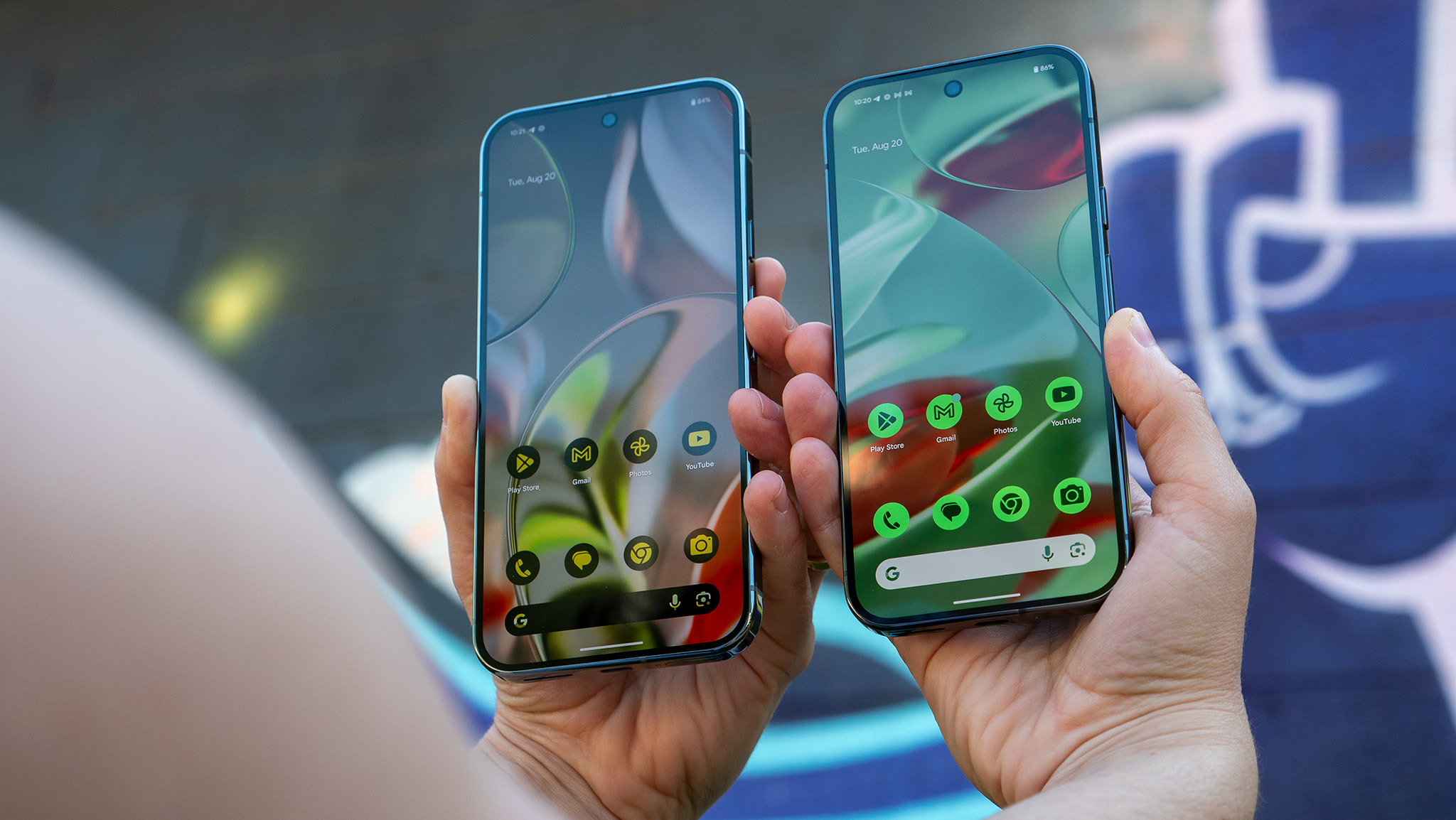
I also have to question Google's pricing structure this year. It's rare that someone will pay full price when upgrading to a new phone, whether that's because they got a great Pixel 9 deal or they got hundreds off by trading in their new phone. But Google raised the prices of its Pixel 9 line by another $100 this year, which stacks on top of the $100 price hike on 2023's Pixel 8 series.
That means you're now paying $200 more for a phone that still performs at 2021 phone levels, which is only a few months after your Pixel 6 was released. Daily performance of the Tensor G4 over the Tensor G1 in the Pixel 6 isn't much better either. Single core performance is only 13% faster, while multicore performance is only 20% faster.
I can't think of a single other processor that's only seen a maximum of 20% performance improvement over four generations—most processor upgrades achieve this metric each year—and I think this is the most embarassing part about the Pixel 9's price hike.
The Pixel 10 is supposed to fix this problem with the launch of Tensor G5, a new Tensor redesigned from the ground up and fully designed in-house by Google. Tensor G1 to G4 have all been co-developed with Samsung and suffer from the same issues that Samsung's Exynos line of processors does.
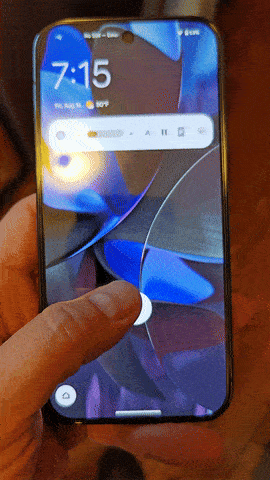
On to the rest of the phone, charging is faster than ever, but it's still nowhere near the speed offered by phones like the OnePlus 12, which fully charges in around 30 minutes from zero percent. At best, the Pixel 9 will do about half that in the same time period.
The Pixel 9 series delivers the best battery life on any premium Pixel phone to date, but that doesn't help much on those occasions when you might have forgotten to charge before heading out for the day.
The display is also as harsh as ever, as Google continues to chase specs like max brightness and pinpoint color accuracy at the expense of eye health. Anyone who is PWM sensitive, like me, will find that the displays on the Pixel 9 series are super uncomfortable to use for a long time. If you're already comfortably using a Pixel, this probably won't affect you, but it's the main reason I no longer use a Pixel as my main device.
If you love the round edges and comfortable curves of your Pixel 6, you may not like Google's design for the Pixel 9. The side rails are completely flat now, and coupled with the flat front and back of the phone, they make the phone less comfortable to hold.
My colleague Harish disagrees with me on this part, though, and the best Pixel 9 cases may completely solve these issues for you anyway. I don't think this design will change much next year, but I can at least hope.
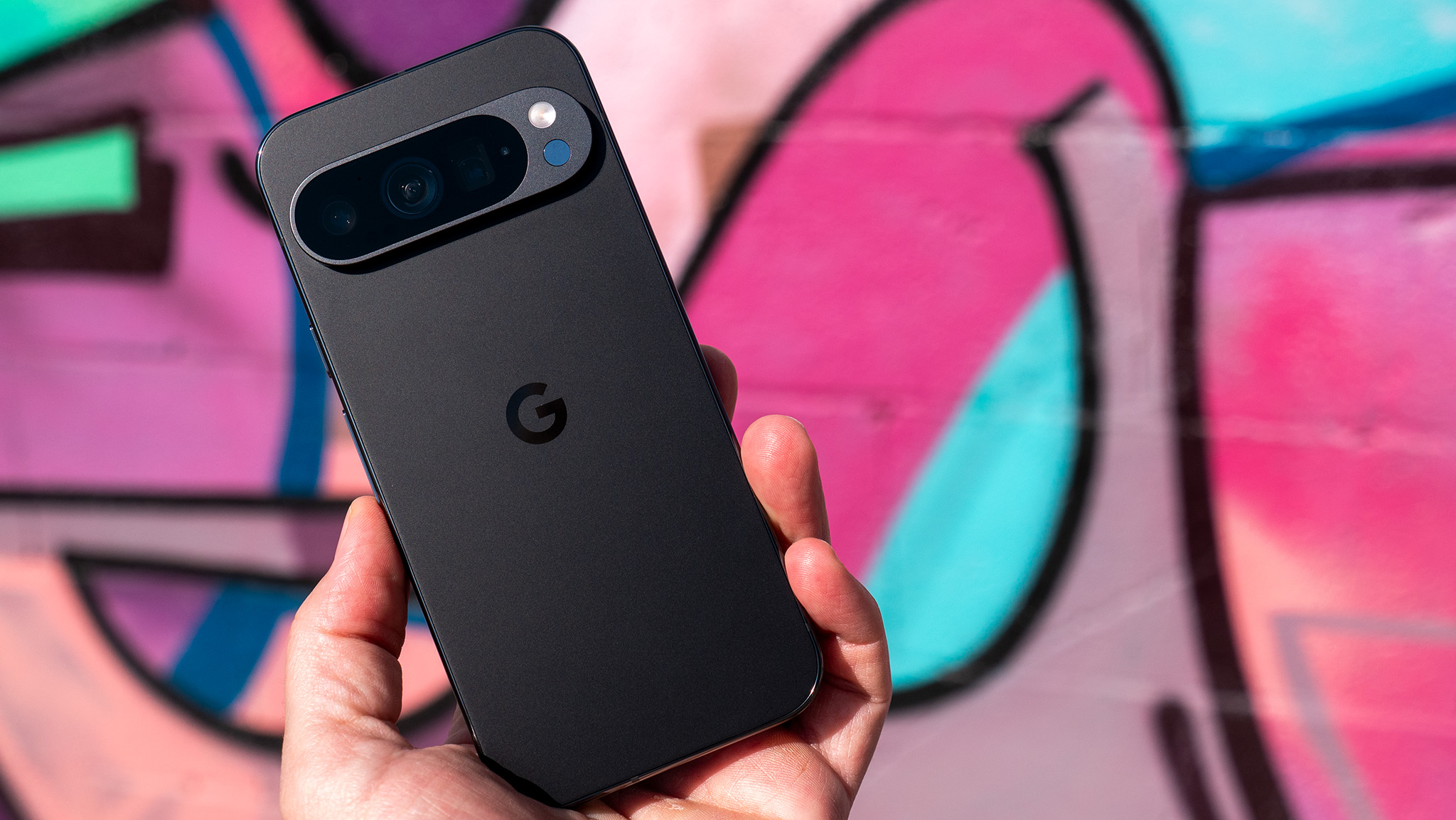
If you're planning on keeping your next Pixel for three years or more, I'd recommend waiting until the Pixel 10 to upgrade. Android 15 will still feel fresh until June 2025, when the Pixel 6 receives its last scheduled Pixel Feature Drop, and by then, we'll be fully in the thick of Pixel 10 leak and rumor season, where you'll be able to make the best decision about upgrading. Plus, by then, Pixel 9 prices should be at an all-time low.
The Pixel 10 is expected to launch with Android 16 unless something happens like it did this year. The Pixel 9 marks the first time that Google hasn't launched a new Pixel alongside a new version of Android, adding more arrows in the quiver of disappointment for Google's latest Pixels.
If you desperately need to upgrade now because of some kind of hardware issue with your Pixel 6, I'd recommend getting the Pixel 8a instead. Pixel 8a deals from companies like AT&T will get you the phone for under $6 a month, and you can always upgrade to the Pixel 10 when it comes out next year by using the company's trade-in promos.
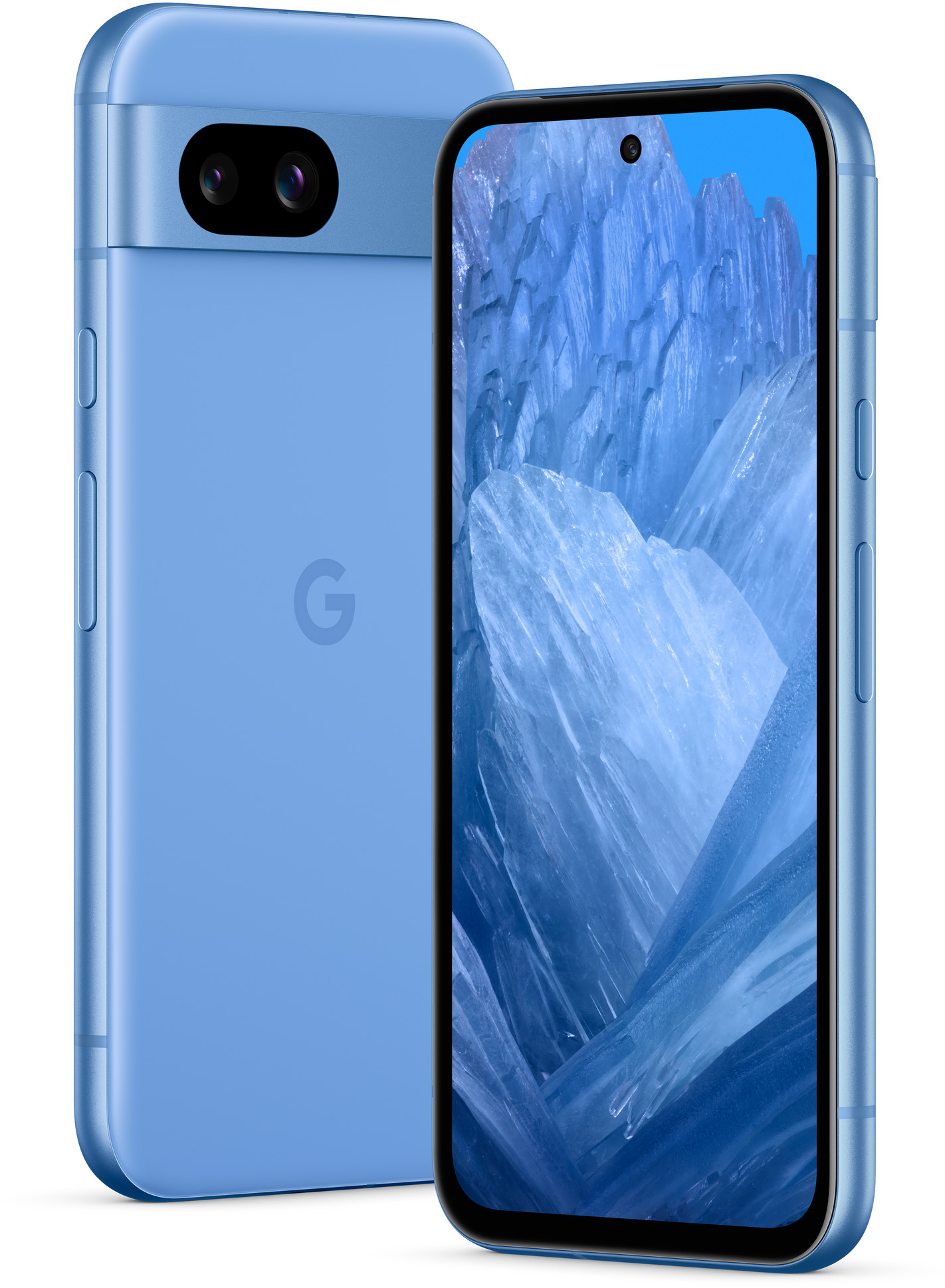
The Pixel 8a is the best little Pixel the company has ever made. With two amazing rear cameras, an upgraded selfie camera, and the same Tensor G3 processor as its more expensive cousins, the Pixel 8a is a winner and a half at a reduced price.

You must confirm your public display name before commenting
Please logout and then login again, you will then be prompted to enter your display name.
